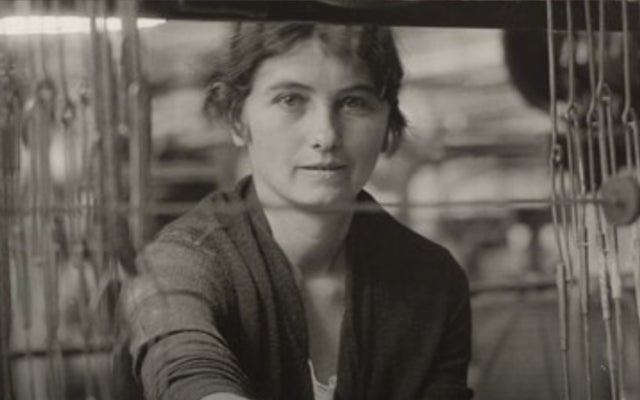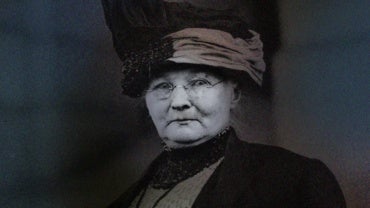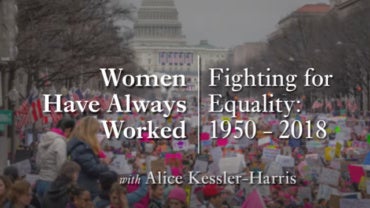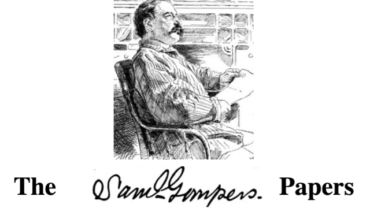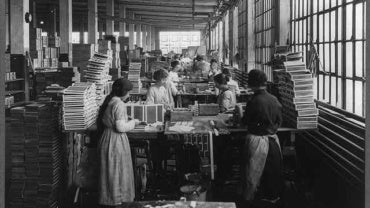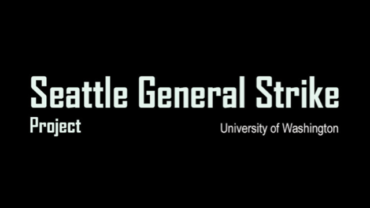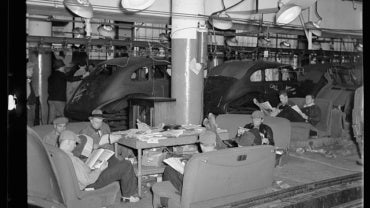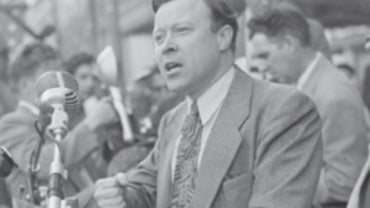Though it’s a relatively recent field of study, women’s history is inscribed across all of the Harvard Library holdings gathered since 1638. By examining those holdings afresh and querying them in a new and feminist light, the curators of the Women Working collection have aggregated thousands of items that illuminate women’s history. The result is a unique digital collection comprising over 650,000 individual pages from more than 3,100 books and trade catalogs, 900 archives and manuscript items, and 1,400 photographs. The collection is an exploration of women’s impact on the economic life of the United States between 1800 and the Great Depression. Working conditions, workplace regulations, home life, costs of living, commerce, recreation, health and hygiene, and social issues are among the issues documented.
